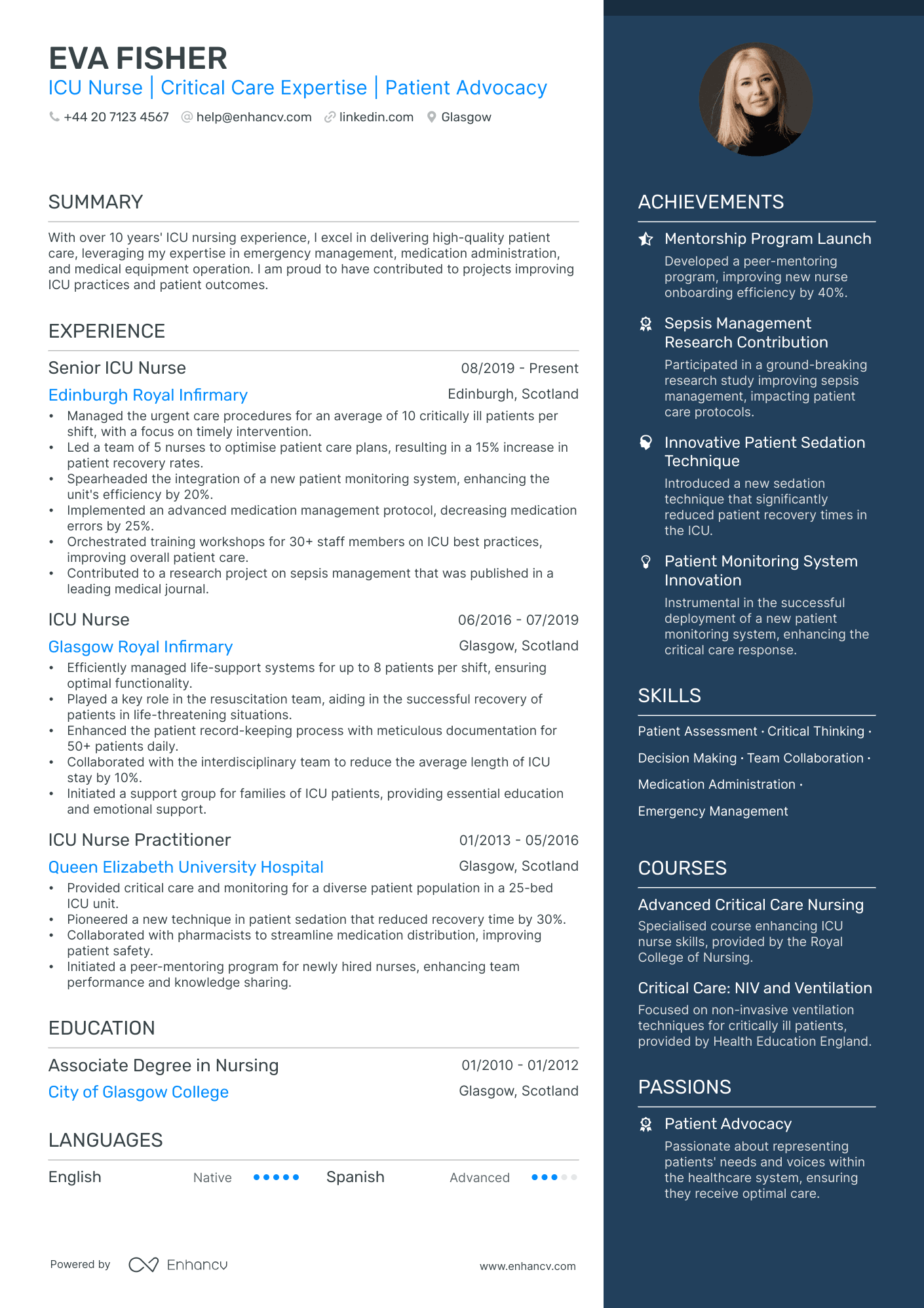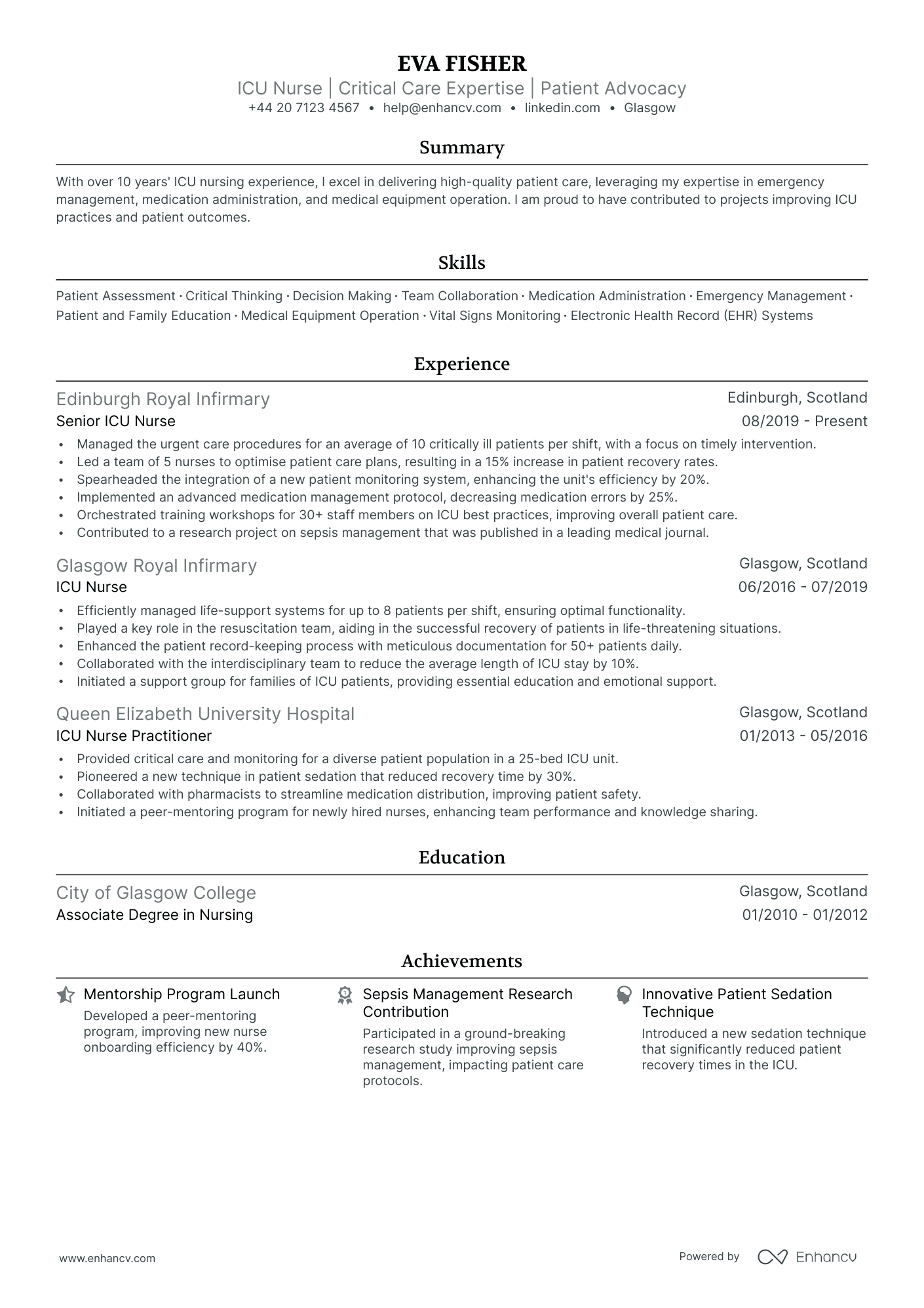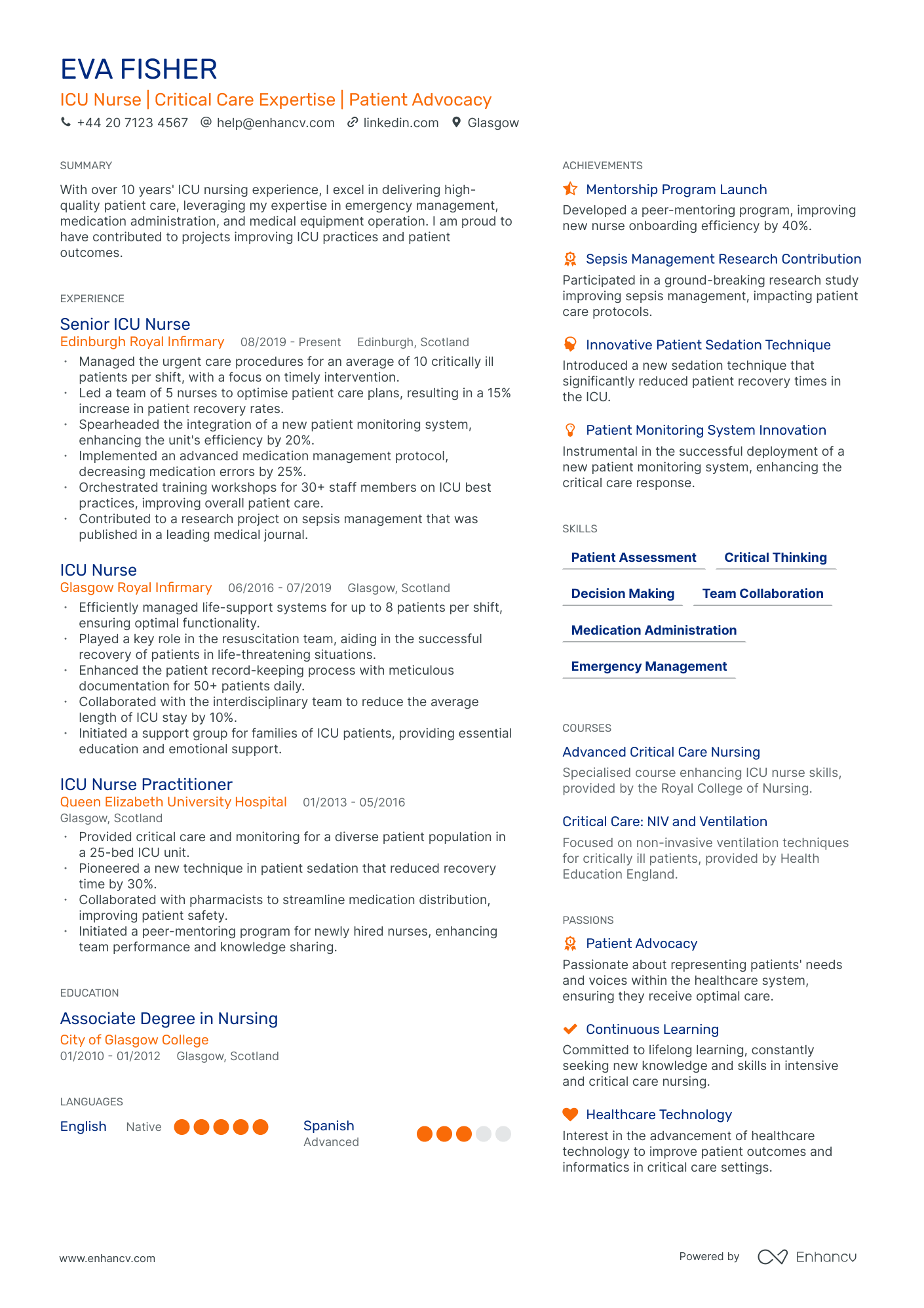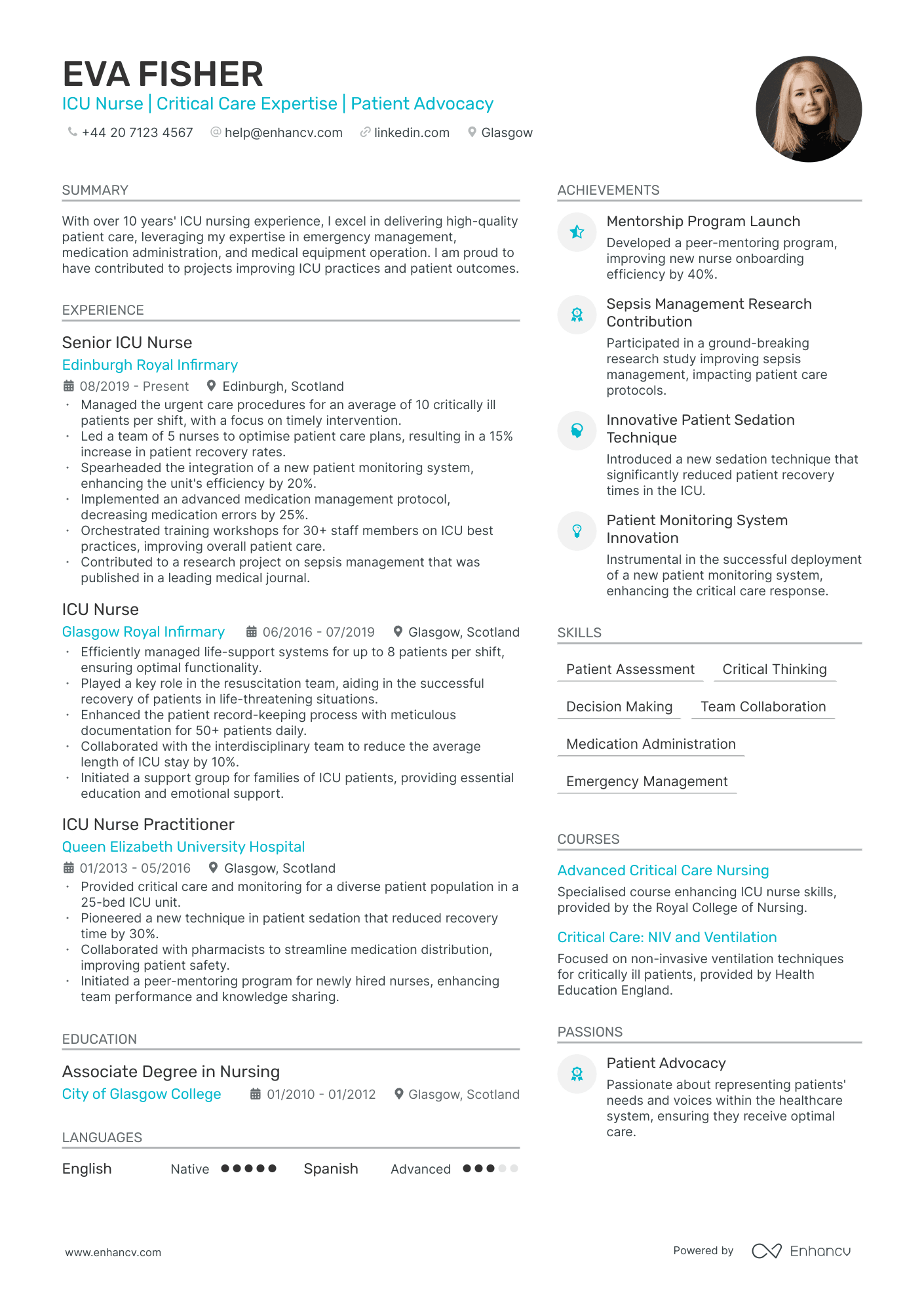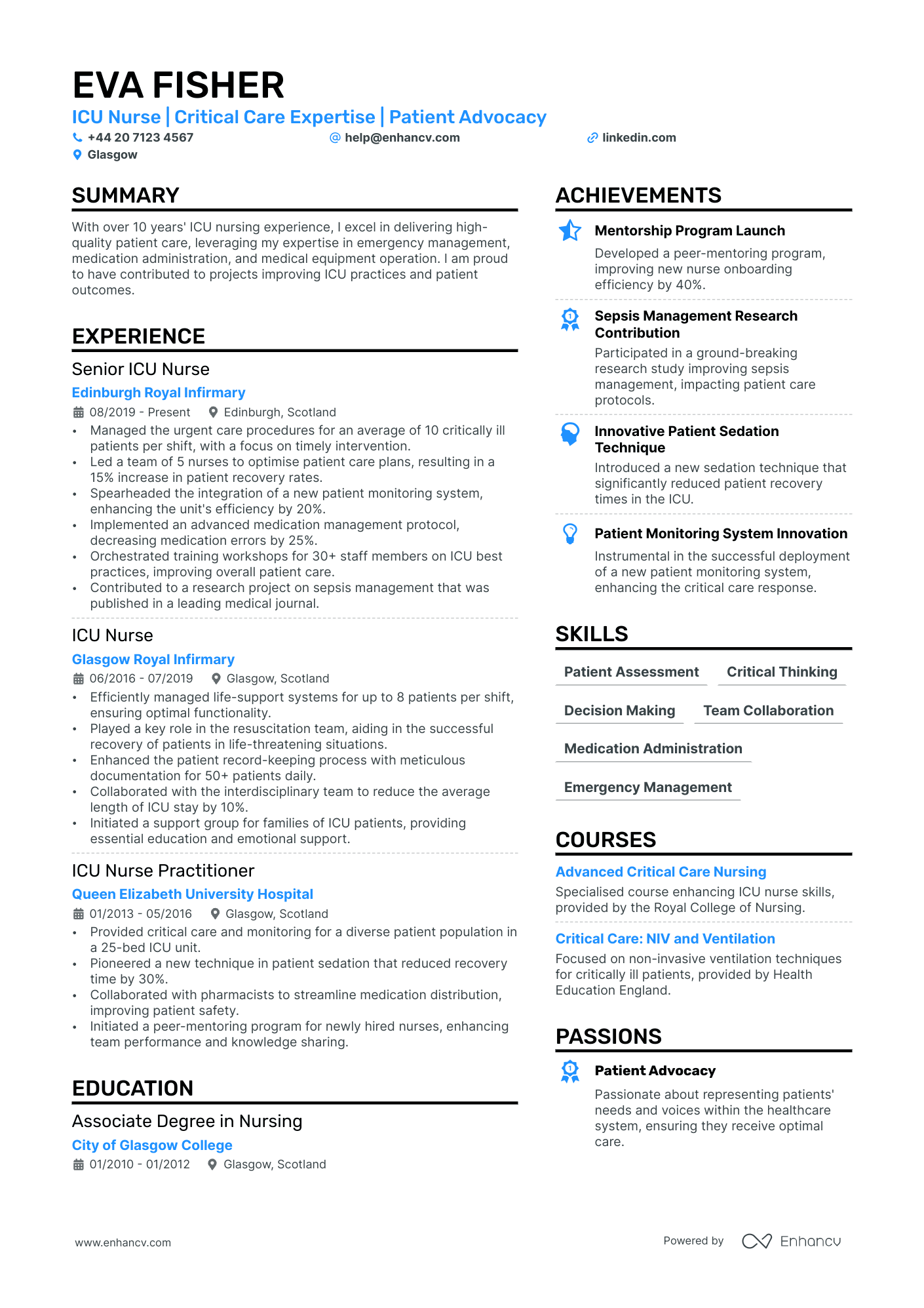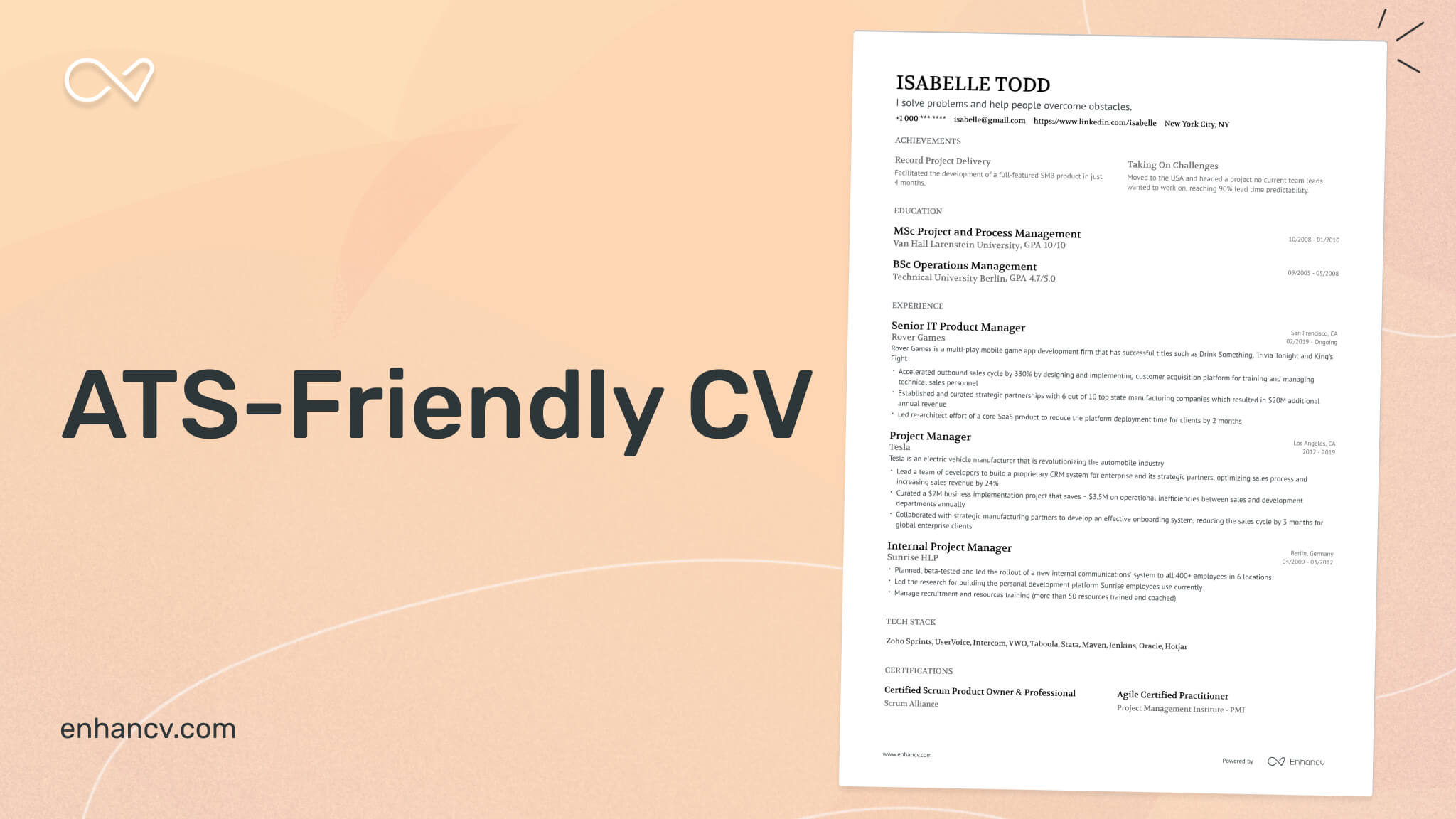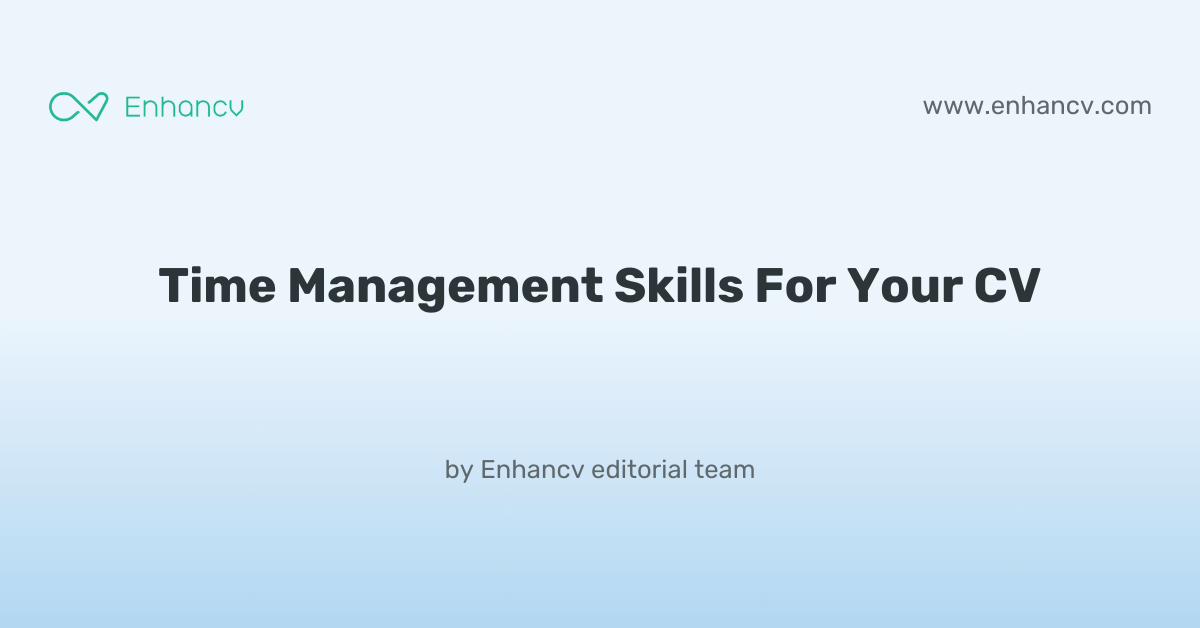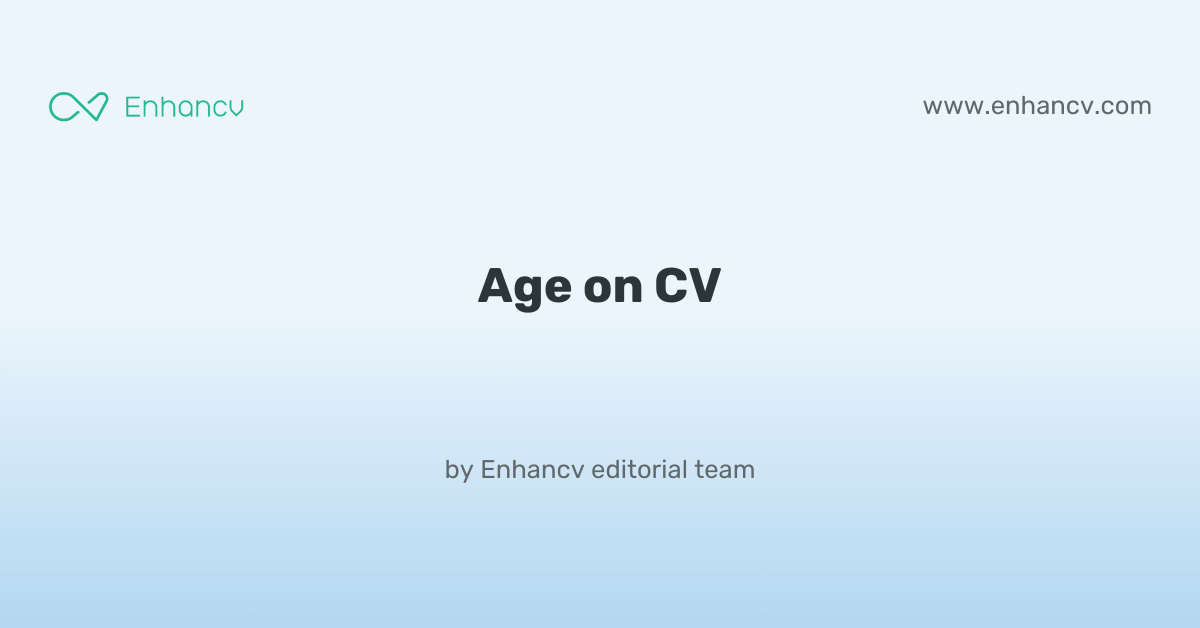One specific CV challenge faced by ICU nurses is effectively showcasing their extensive skill set and patient care experience in a concise manner. Our guide provides you with structured templates and tailored tips to help distil your expertise into a powerful and succinct CV that stands out to potential employers.
- Answer job requirements with your icu nurse CV and experience;
- Curate your academic background and certificates, following industry-leading CV examples;
- Select from +10 niche skills to match the ideal candidate profile
- Write a more succinct experience section that consists of all the right details.
Do you need more specific insights into writing your icu nurse CV? Our guides focus on unique insights for each individual role:
How complex should the format of your icu nurse CV be?
Perhaps, you decided to use a fancy font and plenty of colours to ensure your icu nurse CV stands out amongst the pile of other candidate profiles. Alas - this may confuse recruiters. By keeping your format simple and organising your information coherently, you'll ultimately make a better impression. What matters most is your experience, while your CV format should act as complementary thing by:- Presenting the information in a reverse chronological order with the most recent of your jobs first. This is done so that your career history stays organised and is aligned to the role;
- Making it easy for recruiters to get in touch with you by including your contact details in the CV header. Regarding the design of your CV header, include plenty of white space and icons to draw attention to your information. If you're applying for roles in the UK, don't include a photo, as this is considered a bad practice;
- Organising your most important CV sections with consistent colours, plenty of white space, and appropriate margins (2.54 cm). Remember that your CV design should always aim at legibility and to spotlight your key information;
- Writing no more than two pages of your relevant experience. For candidates who are just starting out in the field, we recommend to have an one-page CV.
One more thing about your CV format - you may be worried if your double column CV is Applicant Tracker System (ATS) complaint. In our recent study, we discovered that both single and double-column CVs are ATS-friendly . Most ATSes out there can also read all serif and sans serif fonts. We suggest you go with modern, yet simple, fonts (e.g. Rubik, Lato, Raleway) instead of the classic Times New Roman. You'll want your application to stand out, and many candidates still go for the classics. Finally, you'll have to export your CV. If you're wondering if you should select Doc or PDF, we always advise going with PDF. Your CV in PDF will stay intact and opens easily on every OS, including Mac OS.
PRO TIP
Incorporate a touch of colour in headers or section breaks, but keep it professional and ensure it doesn’t detract from readability, especially in more conservative industries.
The top sections on a icu nurse CV
- Professional Summary details your ICU experience. It offers a concise introduction of your skills and nursing background, making a compelling case for your capability.
- Registered Nursing Licences show your qualifications. It is important for employers to verify that you possess the necessary certifications and licensure.
- Clinical Experience in an ICU setting is critical. This shows your hands-on experience with patient care in a high-pressure environment, demonstrating relevant skills.
- Key Nursing Skills developed in critical care. Highlight specific nursing competencies you have acquired that are directly applicable to ICU settings.
- Education and Training in Nursing are the foundation. List your relevant degrees, diplomas, and continuing education, emphasising any ICU-specific training you've received.
What recruiters value on your CV:
- Highlight your qualifications in critical care nursing, such as completion of an Intensive Care nursing course or certification from a recognised body, as this demonstrates specialised knowledge relevant to an ICU environment.
- Emphasise your competencies in advanced life support techniques, including ACLS (Advanced Cardiac Life Support) and PALS (Paediatric Advanced Life Support), as these are critical skills for an ICU nurse.
- Detail your experience with high-tech equipment such as ventilators, intracranial pressure monitors, and dialysis machines, to show that you have the technical proficiency required in an ICU setting.
- Provide examples of your ability to work in a high-pressure environment, including situations where you've demonstrated quick decision-making and effective communication under stress.
- Document your participation in continuous professional development, including any ICU-specific workshops, seminars, or courses you've attended, to showcase your commitment to staying current with best practices in critical care nursing.
Recommended reads:
What information should you include in your icu nurse CV header?
The CV header is potentially the section that recruiters would refer to the most, as it should include your:
- Contact details - your professional (non-work) email address and phone number;
- Professional photograph - if you're applying hinting at the value you bring as a professional.
Many professionals often struggle with writing their icu nurse CV headline. That's why in the next section of this guide, we've curated examples of how you can optimise this space to pass any form of assessment.
Examples of good CV headlines for icu nurse:
- ICU Staff Nurse | Critical Care Certified | Compassionate Patient Advocacy | 3 Years Experience
- Senior ICU Nurse | Advanced Life Support Expert | Mentorship & Leadership | 10+ Years' Service
- Charge Nurse in ICU | Acute Care Management | Infection Control | Masters in Nursing | 8 Years
- Intensive Care Unit Practitioner | Clinical Research Contributor | BSc Nursing | 5 Years Hands-On
- Lead Critical Care Nurse | Trauma Response Specialist | Multi-disciplinary Team Coordination | 12 Years Expertise
- Paediatric ICU Nurse | Neonatal Resuscitation Program Certified | Family Support Focused | 6 Years Dedicated Care
What's the difference between a icu nurse CV summary and objective
Why should it matter to you?
- Your icu nurse CV summary is a showcasing your career ambitions and your unique value. Use the objective to answer why your potential employers should hire you based on goals and ambitions. The objective is the ideal choice for candidates who happen to have less professional experience, but still meet some of the job requirements.
Before you select which one will be more relevant to your experience, have a look at some industry-leading CV summaries and objectives.
CV summaries for a icu nurse job:
- With 8 years of dedicated experience in ICU nursing at a high-volume city hospital, I've mastered advanced cardiac life support and trauma care, evidence by my receipt of the Critical Care Excellence Award in 2021. My record of consistently maintaining high standards of patient care will be an asset to any intensive care team.
- Seasoned ICU nurse with 12 years at a leading private hospital, coordinating care for patients with complex needs. Expert in utilising cutting-edge technology and evidence-based practices, which resulted in a 30% decrease in patient recovery times. Key speaker at the International Critical Care Conference 2020.
- Transitioning from active duty as a military medic to civilian healthcare, bringing over 5 years of experience in emergency and trauma situations. Recognised for excellence in field medicine and looking to leverage that critical thinking and quick decision-making abilities to provide top-tier intensive care nursing.
- Previously a firefighter with 6 years of emergency response experience, I am now pursuing a fulfilling career in ICU nursing. Trained in advanced resuscitation techniques and skilled in working under pressure, seeking to transfer these capabilities into delivering high-quality patient-focused care in a dynamic ICU setting.
- Eager to launch a career in ICU nursing, with a recent Bachelor of Science in Nursing and certification in critical care. Committed to learning and applying top-tier patient care, while contributing to a culture of excellence and continuous improvement in patient health outcomes.
- Recent nursing graduate aiming to specialise in intensive care, bringing a fresh perspective, up-to-date knowledge from a top nursing program, and unwavering dedication to patient advocacy and care. Enthusiastically seeking a position where I can develop and refine my skills in a challenging ICU environment.
How to meet job requirements with your icu nurse CV experience
We've now reached the essence of your actual CV - your experience section. This is the space where you can list your career roles and on-the-job successes. Many candidates tend to underestimate just how much time and effort they should put into writing this CV section. Your experience shouldn't be a random list of your responsibilities, but instead:
- Match the job description with your skills, values, and accomplishments;
- Start each bullet with a strong action verb, followed up with one key skill and your outcome of applying this skill;
- Spotlight parts of your career history that are relevant to the job you're applying for.
Before we move on, make sure to check out some professional CV experience sections.
Best practices for your CV's work experience section
- Administered high-quality care to patients in Intensive Care Units, monitoring vital signs and identifying any signs of distress or improvements in patients’ conditions.
- Effectively collaborated with multidisciplinary teams, including physicians, respiratory therapists, and pharmacists, to develop and implement individualised care plans.
- Utilised advanced medical equipment to support and monitor patients, demonstrating proficiency with ventilators, defibrillators, and intravenous infusion pumps.
- Conducted thorough assessments of patient conditions, recognising subtle changes, and responding with appropriate interventions to prevent complications.
- Provided emotional support and education to patients and their families, ensuring they understood the patient's condition, interventions, and ongoing management plans.
- Managed the administration of medications, ensuring adherence to hospital protocols and accurately documenting all treatments and responses.
- Participated in continuous professional development, attending training sessions and workshops to stay current with best practices in critical care nursing.
- Demonstrated excellent critical thinking and problem-solving skills, responding swiftly and effectively to emergencies and rapid changes in patient conditions.
- Maintained strict adherence to infection control protocols to ensure the safety and well-being of patients, staff, and visitors in the ICU setting.
- Efficiently managed a 12-bed Intensive Care Unit, ensuring high-quality care for patients with life-threatening conditions, leading to a 15% improvement in patient recovery rates.
- Implemented a new electronic health record system that boosted documentation efficiency by 25%, significantly reducing the risk of medication errors.
- Spearheaded a multi-disciplinary team approach for critical care, enhancing patient outcomes by fostering collaborative treatment planning among doctors, nurses, and support staff.
- Launched a critical care educational program for staff nurses which increased ICU competencies by 20%, contributing to improved patient care and staff development.
- Orchestrated the ICU's response to a severe influenza outbreak, maintaining a 98% occupancy without compromising the quality of patient care.
- Played a key role in ICU unit accreditation process, ensuring compliance with national healthcare standards and contributing to the hospital's reputation for excellence in critical care.
- Pioneered the use of a novel ventilator technology which led to a 30% decrease in patient recovery time and a 20% reduction in pulmonary complications.
- Facilitated critical care nursing workshops to enhance the skills of junior nurses, resulting in more autonomous and confident critical care nursing staff.
- Collaborated with an interdisciplinary team to develop and implement individualized care plans that improved the survival rates of critically ill patients by 10%.
- Managed a pilot project to integrate palliative care into the ICU setting, which increased patient satisfaction scores by 30% and improved end-of-life care.
- Improved sepsis management protocols resulting in a 40% decrease in septic shock mortality rates within the ICU over a two-year period.
- Mentored over 50 nursing students and new nurses, cultivating a new wave of professionals equipped with advanced ICU skills and knowledge.
- Conducted a quality improvement initiative that minimized central line-associated bloodstream infections, resulting in a 60% reduction in ICU infection rates.
- Provided compassionate care for critically ill patients, earning recognition in patient feedback surveys for exceptional interpersonal skills and emotional support.
- Regularly served as the point of contact for family members of critically ill patients, ensuring that they received timely updates and comprehensive support.
- Developed and implemented evidence-based practice protocols to enhance patient care, resulting in a 25% reduction in the average length of stay in the ICU.
- Cultivated a culture of safety within the ICU, aligning with national patient safety goals and reducing incidents of ventilator-associated pneumonia by 45%.
- Actively participated in critical care research initiatives, contributing to the publication of three industry papers on ICU best practices and innovations.
- Lead a team of 20 nurses in delivering complex critical care services to patients with a diverse range of medical and surgical conditions.
- Streamlined patient transfer processes between ICUs to enhance efficiency and reduce wait times by 35%, positively impacting patient flow and satisfaction.
- Created an ICU patient safety initiative that significantly reduced medication errors by 40% through improved nurse training and supervision.
- Participated in the development of a telemetric ICU monitoring program that allowed for real-time patient data analytics, enhancing patient care responsiveness.
- Instrumental in setting up a successful post-operative cardiac surgery recovery protocol, reducing average patient ICU stay by 1 day and improving bed turnover.
- Fostered interdepartmental collaboration that improved the care transition process for ICU patients, reducing re-admission rates by 18%.
What to add in your icu nurse CV experience section with no professional experience
If you don't have the standard nine-to-five professional experience, yet are still keen on applying for the job, here's what you can do:
- List any internships, part-time roles, volunteer experience, or basically any work you've done that meets the job requirements and is in the same industry;
- Showcase any project you've done in your free time (even if you completed them with family and friends) that will hint at your experience and skill set;
- Replace the standard, CV experience section with a strengths or achievements one. This will help you spotlight your transferrable skills that apply to the role.
Recommended reads:
PRO TIP
Talk about any positive changes you helped bring about in your previous jobs, like improving a process or helping increase efficiency.
The CV skills' divide: between hard and soft skills
Of course, you may have read the job requirements plenty of times now, but it's key to note that there is a difference between technical and personal skills. Both are equally relevant to your job application. When writing about your skill set, ensure you've copy-pasted the precise skill from the job requirement. This would not only help you ensure you have the correct spelling, but also pass any Applicant Tracker System (ATS) assessments.
- Hard skills show your technological capabilities. Or whether you'll be a good technical fit to the organisation. Ensure you've spotlighted your hard skills in various sections of your CV (e.g. skills section, projects, experience) by including the technology and what you've attained;
- Soft skills pinpoint your personality and people or communication skills, hinting at if you'll easily accomodate into the team or organisation. Quantify your soft skills in your CV achievements, strengths, summary/objective, and experience sections. Always support your soft skills with how they've helped you grow as a professional.
Top skills for your icu nurse CV:
Advanced Cardiac Life Support (ACLS)
Basic Life Support (BLS)
Critical Care Nursing
Patient Monitoring
Mechanical Ventilation Management
Medication Administration
Intravenous Therapy
Emergency Response
Wound Care
Medical Equipment Operation
Communication
Problem-Solving
Teamwork
Empathy
Stress Management
Time Management
Attention to Detail
Adaptability
Leadership
Cultural Competency
PRO TIP
If you have received professional endorsements or recommendations for certain skills, especially on platforms like LinkedIn, mention these to add credibility.
Further professional qualifications for your icu nurse CV: education and certificates
As you're nearing the end of your icu nurse CV, you may wonder what else will be relevant to the role. Recruiters are keen on understanding your academic background, as it teaches you an array of hard and soft skills. Create a dedicated education section that lists your:
- applicable higher education diplomas or ones that are at a postgraduate level;
- diploma, followed up with your higher education institution and start-graduation dates;
- extracurricular activities and honours, only if you deem that recruiters will find them impressive.
Follow a similar logic when presenting your certificates. Always select ones that will support your niche expertise and hint at what it's like to work with you. Balance both technical certification with soft skills courses to answer job requirements and company values. Wondering what the most sought out certificates are for the industry? Look no further:
PRO TIP
If you have received professional endorsements or recommendations for certain skills, especially on platforms like LinkedIn, mention these to add credibility.
Recommended reads:
Key takeaways
Here are five things you need to remember about writing your icu nurse CV for success:
- Sort your experience based on the reverse chronological order, starting with your most recent career items, to showcase how you've grown your career;
- Include within your CV header your relevant contact details, a headline that could spotlight your unique value, and a photo - if you're applying for roles outside the UK or US;
- Decide to use the CV summary, if you happen to have more professional experience, and an objective, if you want to showcase your career goals;
- Within the experience section, write your bullets using action verbs, skills, and success, instead of just merely listing your on-the-job responsibilities;
- Prove your technical skills, using your education and certificates, and your soft skills, with your achievements and strengths sections.
